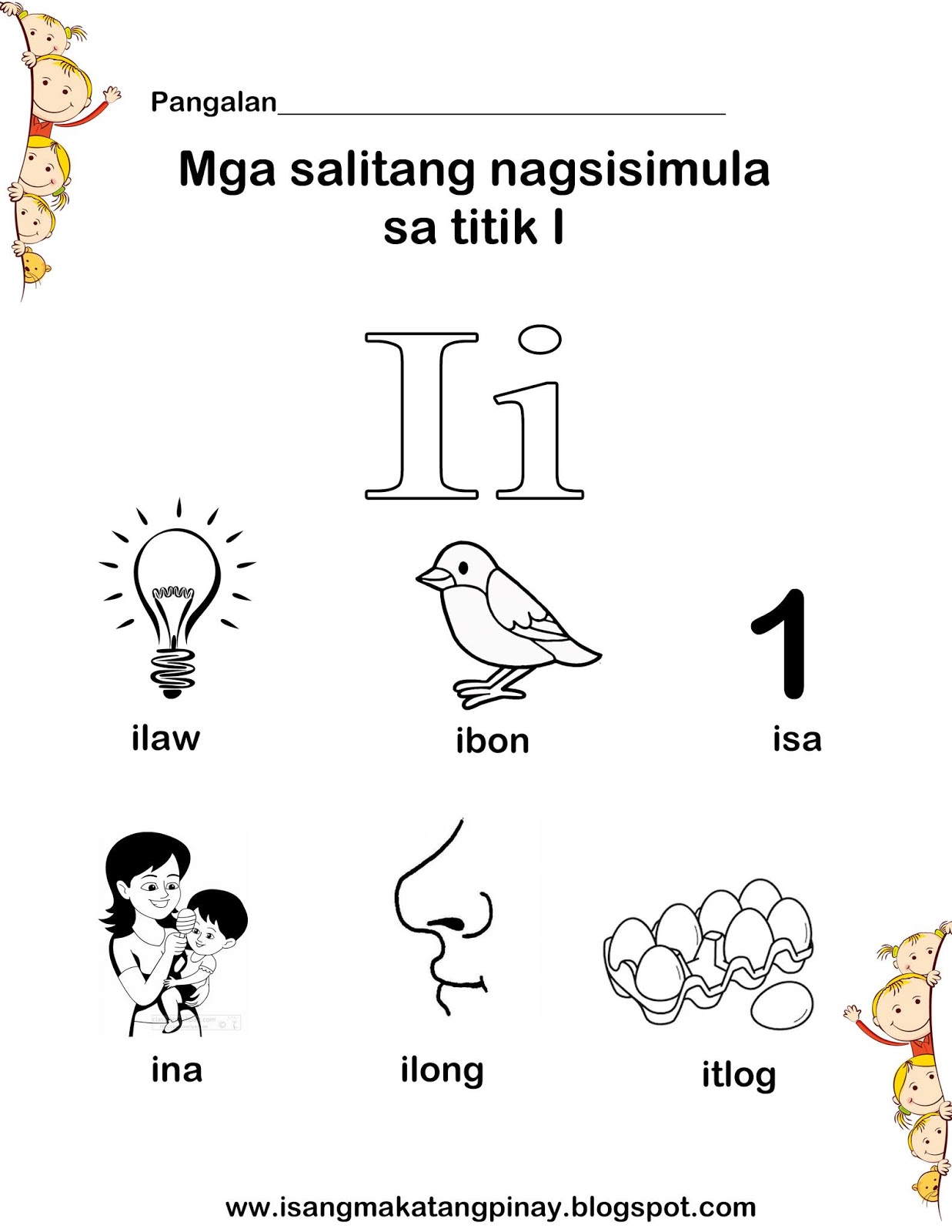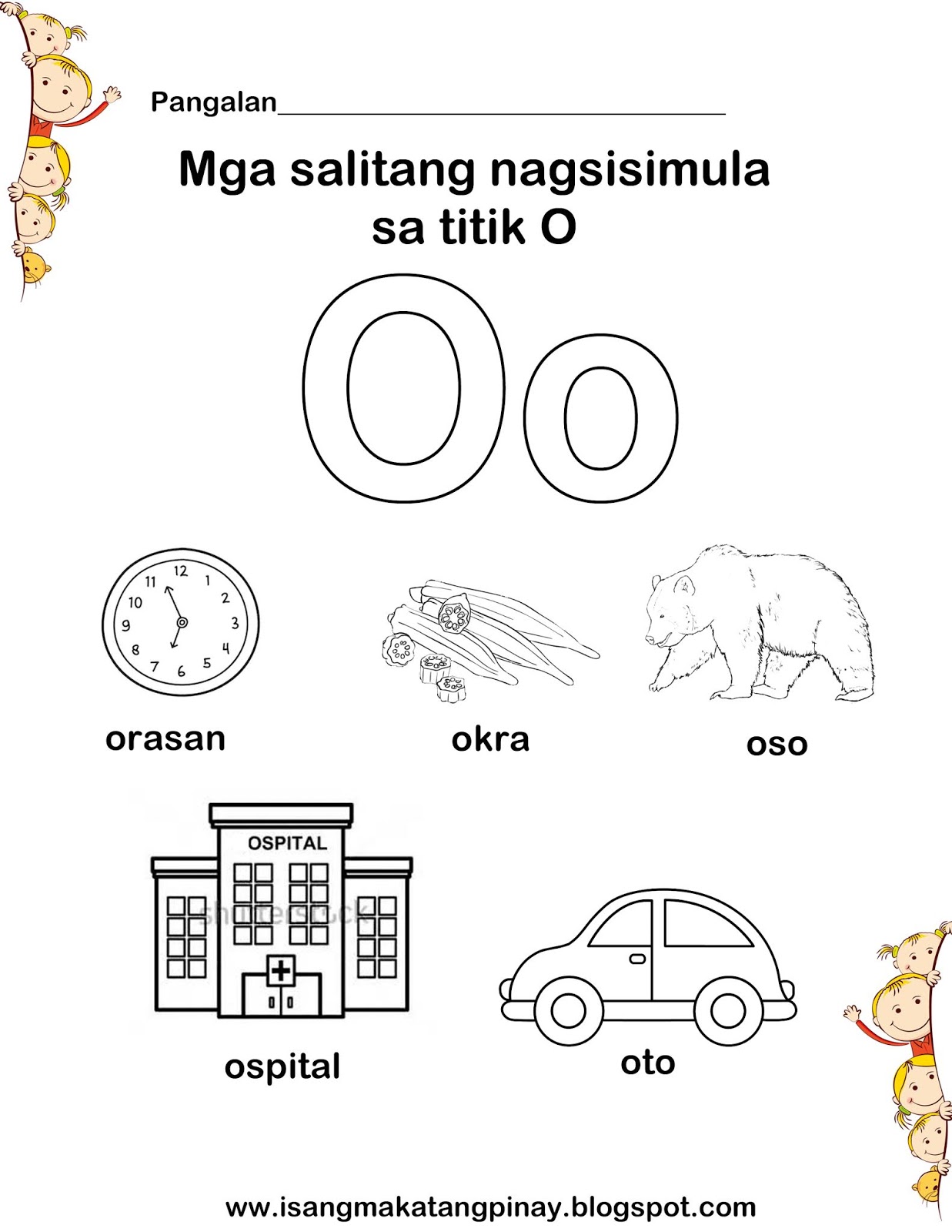The Power of Images: Exploring Visual Storytelling
In a world saturated with information, our brains are naturally drawn to visuals. Images have the power to capture our attention, evoke emotions, and convey complex ideas in an instant. Think about it: a single photograph can transport you back to a cherished memory, spark your imagination, or inspire you to take action.
This innate human connection to imagery is deeply rooted in our history. From the cave paintings of our ancestors to the rise of photography and film, humans have long used visuals to document, communicate, and make sense of the world around them.
Today, in an age dominated by digital media, the importance of images has only intensified. We encounter countless images every day – from the news articles we read to the social media feeds we scroll through. These visuals shape our perceptions, influence our decisions, and play a crucial role in how we understand and interact with the world.
But the power of images extends far beyond mere entertainment or aesthetics. Studies have shown that visuals have a profound impact on learning, memory, and creativity. Our brains process images much faster than text, and we tend to remember information presented visually far more effectively than information presented solely through words.
Therefore, harnessing the power of images is essential, not only for effective communication but also for personal growth and development. Whether you're a student, an entrepreneur, an artist, or simply someone who wants to enhance their understanding of the world, embracing the potential of visual storytelling can unlock a world of possibilities.
Consider the way children learn. Before they can read, children rely heavily on visual cues to understand their surroundings. Picture books, with their vibrant illustrations and simple narratives, play a crucial role in early childhood development, fostering language acquisition, stimulating imagination, and instilling a love of learning.
The same principles apply to adults. Incorporating visuals into presentations, reports, and educational materials can significantly improve comprehension and retention. Images can make complex data more digestible, break down abstract concepts into relatable visuals, and add an engaging element to otherwise dry or technical information.
Beyond education and communication, images also hold immense power in the realm of personal growth and self-discovery. Photography, for example, can be a powerful tool for mindfulness and self-expression. The act of slowing down, observing your surroundings, and capturing a moment in time can cultivate a deeper appreciation for the beauty in everyday life.
Similarly, visual journaling, mood boards, and vision boards can help you connect with your emotions, clarify your goals, and visualize your aspirations. By translating your thoughts and feelings into tangible images, you can gain a clearer understanding of yourself and what truly matters to you.
In a world increasingly reliant on visual communication, embracing the power of images is no longer optional—it's essential. Whether you're seeking to enhance your learning, boost your creativity, connect with others on a deeper level, or simply appreciate the beauty around you, remember that a picture is worth a thousand words.
Guatemalas health priorities understanding the mspas key programs
When does a liquid boil understanding wann siedet eine flussigkeit
The art of saying letak jawatan in english a guide to resignation










